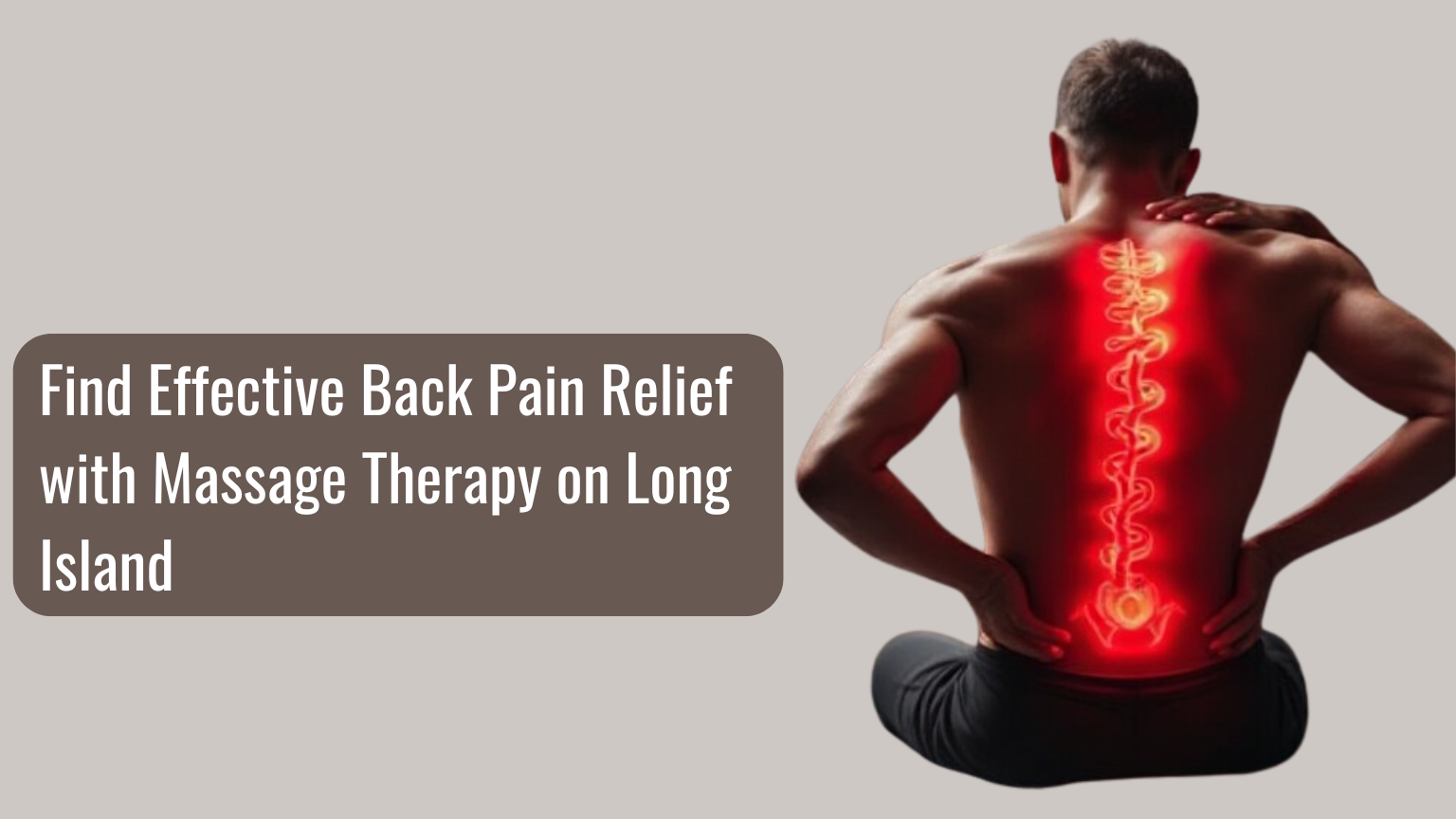Hiccups are an annoying and sometimes persistent problem that can disrupt daily life. While they usually go away on their own, chronic or severe hiccups may require medical attention. Acupuncture, an ancient practice rooted in Traditional Chinese Medicine (TCM), offers a natural and holistic approach to treating hiccups by addressing underlying imbalances in the body.
In this article, we’ll explore how acupuncture can help alleviate acupuncture for hiccups, the key points used in treatment, and frequently asked questions about this alternative therapy.

Understanding Hiccups
Hiccups occur when the diaphragm—a muscle that separates the chest from the abdomen—contracts involuntarily, causing a sudden closure of the vocal cords and producing the characteristic "hic" sound.
Common causes of hiccups include:
Eating too quickly
Consuming carbonated beverages
Sudden temperature changes in food or drink
Stress and anxiety
Irritation of the phrenic or vagus nerves
While most cases of hiccups are short-lived, persistent or chronic hiccups lasting longer than 48 hours can indicate an underlying health issue, such as nerve damage, gastrointestinal disorders, or metabolic conditions.
How Acupuncture Helps with Hiccups
Acupuncture is based on the concept of balancing the body’s energy, or Qi (pronounced “chee”), by stimulating specific points along meridians (energy pathways). In TCM, hiccups are often seen as a disruption of Qi flow in the stomach and diaphragm area. Acupuncture helps by:

Regulating the Diaphragm’s Function – Stimulating key acupuncture points can relax the diaphragm, reducing spasms and contractions.
Harmonizing the Stomach and Spleen – Many cases of hiccups stem from digestive disturbances, which acupuncture can address.
Calming the Nervous Procedure – Stress and anxiety are common triggers for hiccups, and acupuncture promotes relaxation.
Improving Circulation and Reducing Inflammation – Acupuncture enhances blood flow and reduces irritation in the affected nerves.
Key Acupuncture Points for Hiccup Relief
PC6 (Neiguan) – Pericardium 6
It is located on the inner forearm, about three finger-widths from the wrist crease.
Helps with nausea, vomiting, and hiccups related to stomach imbalance.
ST36 (Zusanli) – Stomach 36
Found on the lower leg, a few inches below the kneecap.
Strengthens the digestive system and regulates stomach function.
CV22 (Tiantu) – Conception Vessel 22
It is located at the base of the throat, near the sternum.
Directly targets throat spasms and vagus nerve irritation, which can contribute to hiccups.
BL17 (Geshu) – Bladder 17
Located between the shoulder blades.
Helps regulate the diaphragm and relieve persistent hiccups.
SP4 (Gongsun) – Spleen 4
Found on the inner side of the foot, just below the big toe joint.
Assists in harmonizing the stomach and improving digestion.
During a session, an acupuncturist may insert needles at some or all of these points, depending on the root cause of the hiccups.
What to Expect During an Acupuncture Session
If you’re considering acupuncture for hiccups, here’s what you can expect:
Initial Consultation – The acupuncturist will discuss your symptoms, medical history, and lifestyle habits to determine the underlying cause of your hiccups.
Pulse and Tongue Diagnosis – Traditional Chinese Medicine practitioners often examine your pulse and tongue to assess internal imbalances.
Needle Insertion – Thin, sterile needles are inserted into selected acupuncture points. Most people feel minimal discomfort, often described as a slight tingling or pressure.
Relaxation Period – You will typically rest with the needles in place for 20–30 minutes while the treatment takes effect.
Post-Treatment Guidance – The practitioner may suggest dietary changes, breathing exercises, or herbal remedies to support recovery.
Some people experience immediate relief, while others may need multiple sessions, especially if the hiccups are persistent.
Additional Lifestyle Tips for Hiccup Relief
In addition to acupuncture, you can try these natural remedies to manage hiccups:
Controlled Breathing – Take slow, deep breaths or practice diaphragmatic breathing.
Drinking Warm Water – Helps relax the diaphragm and soothe the throat.
Acupressure – Pressing on PC6 or CV22 points can provide temporary relief.
Avoiding Trigger Foods – Reduce consumption of carbonated drinks, spicy foods, and alcohol.
Managing Stress – Meditation, yoga, and mindfulness can help prevent stress-induced hiccups.
Conclusion
Acupuncture provides a natural and effective way to relieve hiccups by addressing the root causes, such as digestive imbalances, nervous system disruptions, and diaphragm spasms. With targeted acupuncture points and a holistic approach, many people find lasting relief from persistent hiccups.
If you’re struggling with recurrent hiccups, consider visiting a licensed acupuncturist to explore this gentle yet powerful healing method.
Contact us today to schedule an appointment and start your journey to relief!
Frequently Asked Questions (FAQs)
1. Is acupuncture painful?
Acupuncture is generally not painful. The needles used are much thinner than those used for injections, and most people feel only a mild sensation or slight tingling during insertion.
2. How many acupuncture sessions are needed for hiccups?
The number of sessions varies depending on the severity of the hiccups. Acute cases may improve within one or two sessions, while chronic cases may require multiple treatments over a few weeks.
3. Are there any risks or side effects of acupuncture?
Acupuncture is considered safe when performed by a licensed practitioner. Some people may experience mild bruising or soreness at the needle sites, but serious side effects are rare.
4. Can acupuncture help with other digestive issues?
Yes, acupuncture is widely used to treat digestive problems such as acid reflux, bloating, nausea, and irritable bowel syndrome (IBS).
5. Is acupuncture covered by insurance?
Some insurance plans cover acupuncture, especially when used for pain management or medical conditions. It’s best to check with your provider to confirm coverage.




Write a comment ...